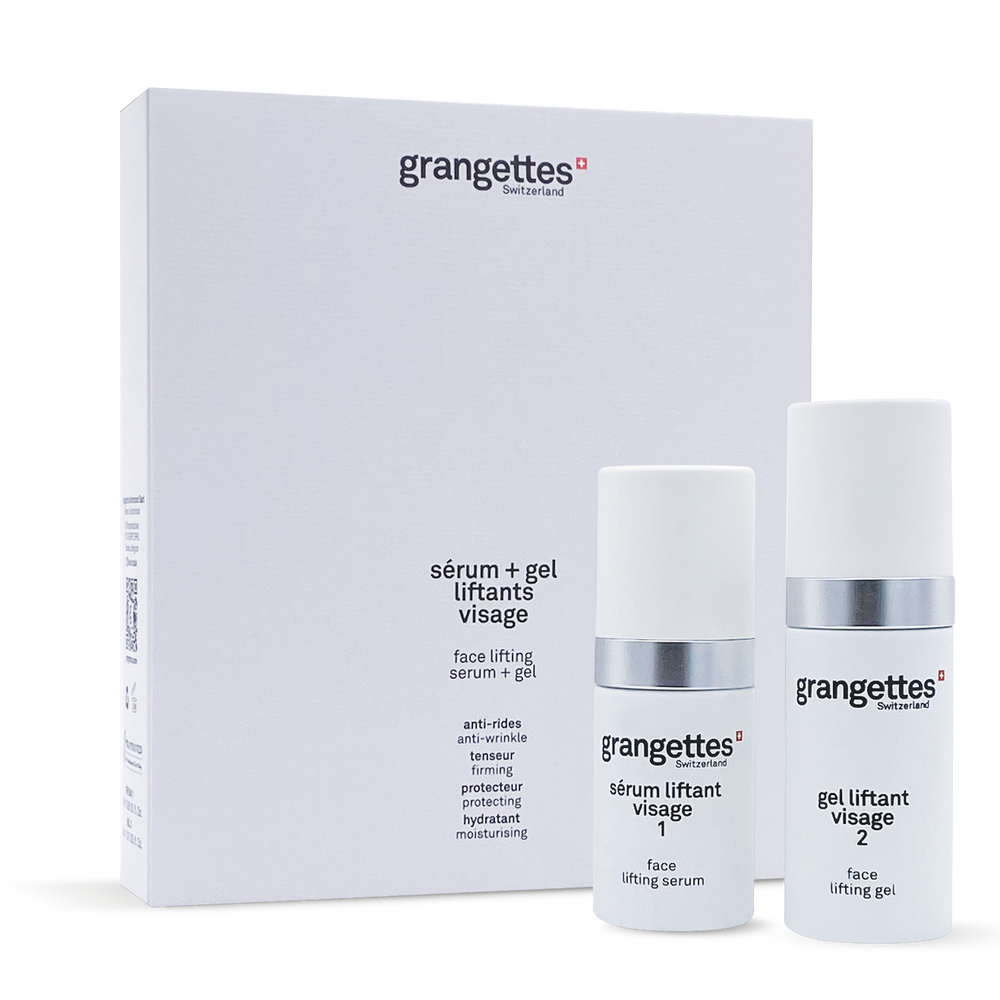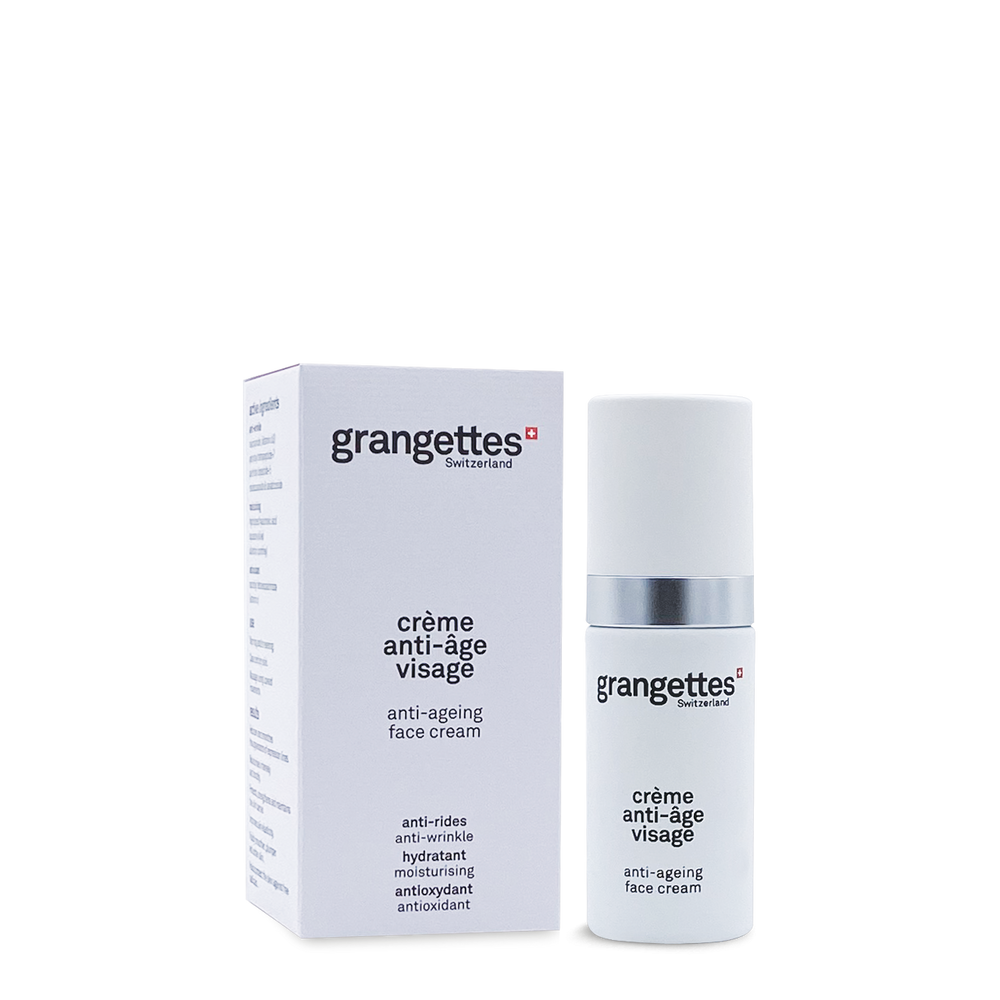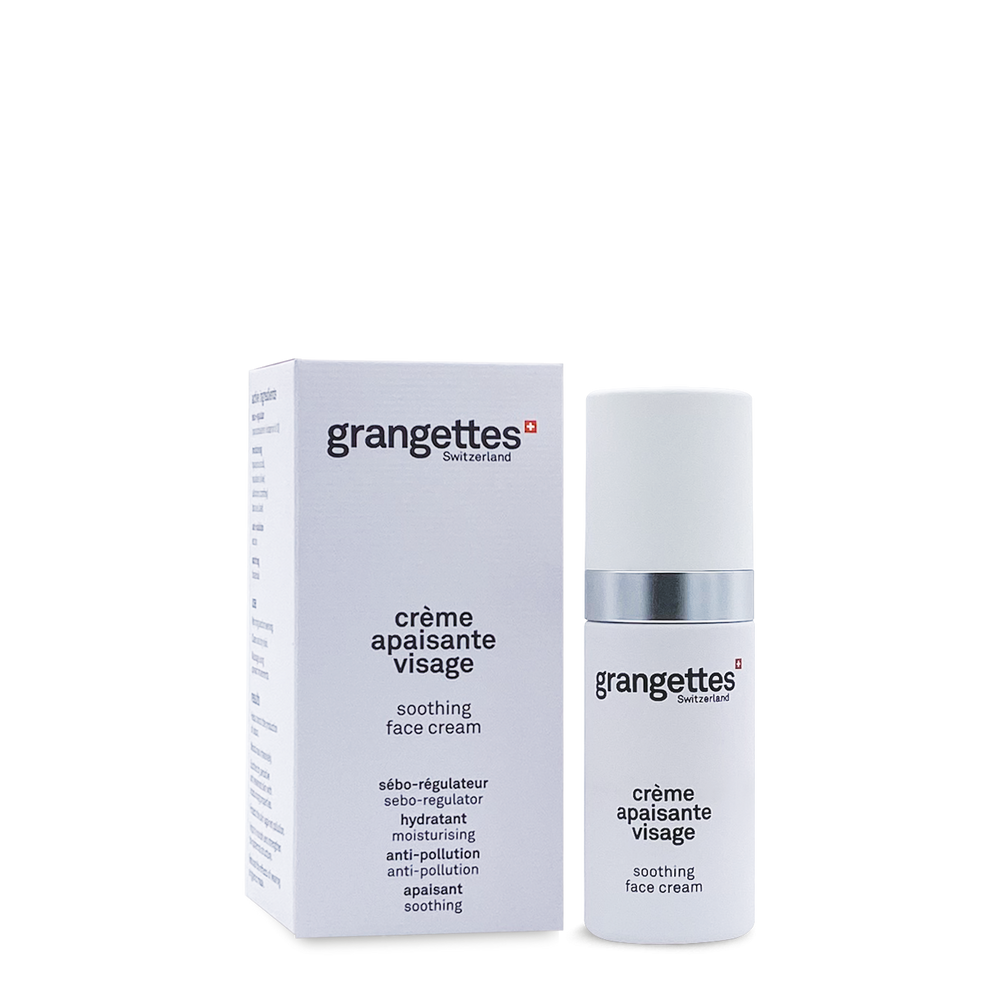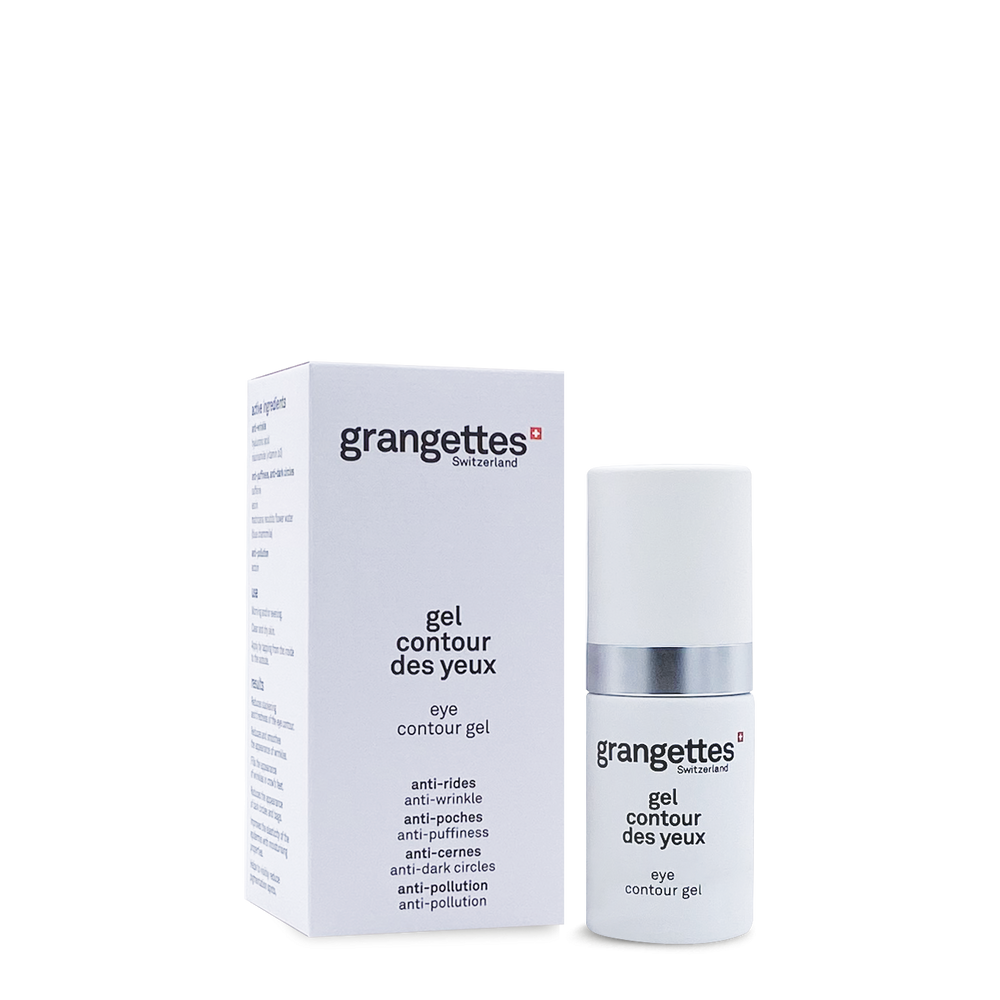The different types of vitamins
Les provitamines
Issues of food, provitamins are substances that can be transformed into vitamins by the body. This is for example the case of beta-carotene, which is found in carrots, dandelions, spinach, parsley, apricots and various other foods. It is a precursor of the vitamins A which plays, among other things, an important role in preventing cell oxidation and vision.
The body converts only the substances it needs into vitamins, which means that even when you consume too many, the provitamins present no risk of overdose.
THE provitamins are precursors of vitamins. To transform into the latter, they must first be converted by enzymes. This is how provitamins become beneficial to the body. Since the body only converts the necessary amount of provitamins into vitamins, they cannot cause poisoning. Examples of provitamins: beta-carotene, precursor of vitamin A, and 7-dehydrocholesterol (cholesterol), converted to vitamin D3 (cholecalciferol) in the skin when exposed to the sun.
water-soluble vitamins
As their name suggests, these water-soluble vitamins dissolve in water: that of our body and cells or, for example, in that of cooking.
Eliminated through urine, water-soluble vitamins accumulate very little in the body. Their consumption can therefore be regular, because the body evacuates what is not necessary while retaining only what it needs. Here again, there is no risk of overdose.
THE vitamins B1 (thiamine), B2 (riboflavin), B3 (niacin), B5 (pantothenic acid), B6 (pyridoxine), B8 (biotin), B9 (folic acid), B12 (cobalamin) and C (ascorbic acid) belong to the water-soluble vitamin family.
fat soluble vitamins
This family of vitamins dissolves in fate, which means that the body has the capacity to store them. You must be careful not to consume them in excess quantities, as they then accumulate in the organs (liver, etc.), which can be risky, even fatal, in the event of an overdose. For example, the polar bear feeds mainly on seal fat, which is very rich in vitamin A. The bear's liver stores this vitamin. If a human were to consume even a single tablespoon of polar bear liver, it would be fatal.
THE vitamins A, D, E and K are fat-soluble.
Vitamins and oxidation
Oxidation of vitamins occurs when they are exposed to air, light, heat or even water. THE vitamins A, C and E are the most sensitive of them.
It is therefore an essential parameter for cosmetics, especially when choosing packaging. It is for this reason in particular that at Grangettes Switzerland, we chose aluminum and glass bottles, considered the best option to prevent oxidation of formulations. In fact, they do not allow air or light to pass through and are more suitable than plastic to protect against heat. And of course, they are ecological, because 100% recyclable.
Finally, antioxidants such as vitamin C, vitamin E and selenium help prevent the oxidation of vitamins, helping to neutralize free radicals that can damage them.
Which vitamins are most often used in cosmetics?
Vitamin C
In cosmetic, the vitamin C is a powerful antioxidant which protects your skin from harmful environmental influences. This vitamins makes your epidermis more uniform, smoother. It is found in many serums, masks, day creams, etc.
Collagen is essential for maintaining tissue elasticity and regeneration. With age, its concentration and production decrease: the skin sags, and we see wrinkles and fine lines appear. There vitamin C used in cosmetics stimulates collagen production and also prevents oxidation of collagen-producing cells. This is the reason why it is found in many anti-aging treatments.
Vitamin A, or retinol
This vitamin is found in anti-aging and anti-imperfection care. The vitamins A activates the repair and regeneration capabilities of skin cells. It is therefore a powerful cosmetic active ingredient, essential in case of wrinkles, stretch marks, or acne scars.
B vitamins in cosmetics
The vitamine B plays a vital role in our metabolism cellular. It provides the body with the energy necessary to ensure physical and mental performance. In cosmetology, vitamin B, and more precisely vitamin B3 and B5, restore pep to the skin.
Vitamin B1: Thiamine
It is widely used in the cosmetic industry, because it promotes better circulation sanguine, bringing a natural glow to the skin. Cosmetic products rich in vitamin B1 can contribute to a more invigorating and revitalized complexion.
Vitamin B2: Riboflavine
It helps to maintain the healthy skin by promoting the collagen production, what can strengthen the firmness of the skin. Cosmetic products enriched with vitamin B2 contribute to smoother, more radiant skin.
Vitamine B3 : Niacinamide
It helps reduce the sebum production, and therefore prevents the appearance of acne. It also tightens enlarged pores, fights against skin aging, and brings radiance to the complexion. Thanks to his actions anti-inflammatory and anti-redness, vitamin B3 soothes sensitive skin.
Vitamin B5: Pantothenic acid
It is used in moisturizing products. It is a powerful humectant which attracts water into the skin and retains it. Furthermore, vitamin B5 soothes the skin thanks to its anti-inflammatory properties. It is also useful for acne-prone, burned or injured skin, as it has properties healing, and ensures the cell regeneration.
Vitamin B6: Pyridoxine
Ingredient particularly suitable for oily skin. It regulates the sebum production, thus helping to reduce shine unwanted and maintain a mattified and balanced complexion.
Vitamine B8: Biotine
It promotes strengthening and hair and nail revitalization, participating in giving them a healthy and well-groomed appearance.
Vitamin B9: Folic Acid or Folate
It supports growth and cell regeneration, thus helping to maintain a skin appearance young a one good health.
Vitamine B12: Cobalamine
It is mainly used and appreciated for its sebo-regulatory properties, which makes it a useful active ingredient for products intended for skin prone to excessive shine or subject to blackheads and redness. It also promotes the hair and nail health, thus contributing to an overall neat appearance.
Vitamin E
The vitamins E has antioxidant powers. It is used in cosmetics to preserve the vegetable oils and butters du rancissement
It is also a anti-aging active which blocks the action of free radicals on the skin, and reduces cellular damage linked to exposure to UV. She has anti-inflammatory properties on the skin, and helps maintain the elasticity and hydration of the skin by strengthening the skin's hydrolipidic film.
Benefit from vitamins and their effects on the skin
THE cosmetic care are not the only ones who can take care of your skin. To benefit from the benefits of vitamin K, vitamin D, E, B, A or even C, you can also count on a balanced diet. THE fruits and vegetables, fatty fish, dairy products and legumes help you stock up on vitamins. You can also turn to supplementation thanks to food supplements.
What vitamins are used in Grangettes Switzerland products?
Depending on the specific needs of each individual, oral or local intake of vitamins is indicated. In the case of the cosmetics sector, local application often occurs in addition to oral intake (through food supplements, or quite simply, through a varied and balanced diet).
Several formulations of cosmetics Grangettes Switzerland contain vitamins, all from duly selected sources:
Face lifting serum and gel
- Ascorbyl tetraisopalmitate (vitamin C) for skin protection
- Panthenol (provitamin B5) for skin hydration
- Regular price
- CHF 74.00
- Regular price
- Sale price
- CHF 74.00
- Unit price
- per
Anti-ageing face cream
- Niacinamide (vitamin B3) for its anti-aging properties
- Ascorbyl tetraisopalmitate (vitamin C) for its anti-oxidant properties
- Regular price
- CHF 37.00
- Regular price
- Sale price
- CHF 37.00
- Unit price
- per
Soothing face cream
- Cyanocobalamin (vitamin B12), which has sebum-regulating effects.
- Regular price
- CHF 35.00
- Regular price
- Sale price
- CHF 35.00
- Unit price
- per
Eye contour gel
- Niacinamide (vitamin B3), used in this specific case for its anti-wrinkle properties.
- Regular price
- CHF 35.00
- Regular price
- Sale price
- CHF 35.00
- Unit price
- per








